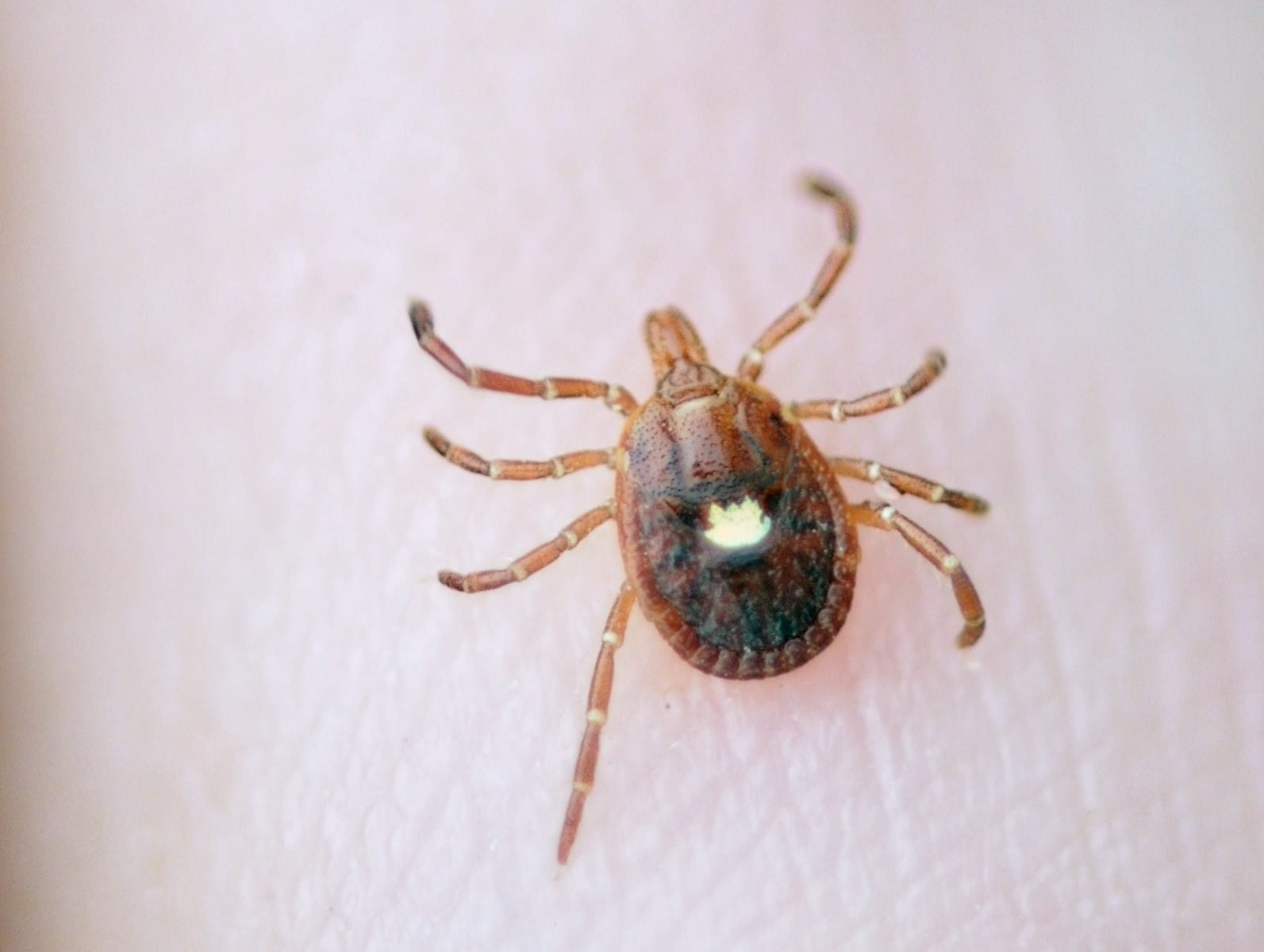Alpha-gal syndrome (AGS) is a red meat allergy caused by a tick bite. The bite transfers the alpha-gal sugar molecule, which triggers an immune response. This response can cause allergic reactions to red meat, organ meats, dairy and gelatin. For severe allergic reactions, immediate medical attention is essential and can be lifesaving.
Exact statistics on the frequency of AGS are unknown. However, according to the latest data, the Centers for Disease Control and Prevention report that the condition affects around 10,000 to 20,000 people in the United States annually.
“Reducing the risk of contracting Alpha-gal syndrome and any other tick-borne illness starts with prevention,” says Joel M. Jones, D.O., a physician at Riverside Primary Care Kiln Creek. Experts recommend avoiding wooded and grassy areas where ticks live, staying on trails when hiking and wearing protective clothing. After you come indoors, check your clothes, body and pets for ticks.
Common symptoms of Alpha-gal syndrome mimic other allergies
Symptoms of AGS are like other food-related allergies but may not surface right after the tick bite. This delay often makes it challenging to identify AGS.
Common symptoms may include:
- Hives or rash
- Stomach cramps
- Nausea, vomiting and diarrhea
- Trouble breathing
- Swelling of the lips, tongue or throat
How your health care provider diagnoses Alpha-gal syndrome
If you have symptoms or think you may be infected, you should see a health care provider for an evaluation. “Your doctor will want to know about your travel history and if you spend time in places ticks live,” says Dr. Jones. The Lonestar Tick, the most common cause of Alpha-gal syndrome in the United States, is found in the southeastern part of the country. Doctors report most cases in Arkansas, Oklahoma, Missouri, Virginia and other states in this region. Ticks found outside the country can also cause Alpha-gal syndrome.
Your health care provider will also do a blood test to confirm alpha-gal antibodies in your bloodstream. You may also undergo a skin prick test to identify allergic reactions to red meat and animal products from mammals, including dairy, gelatin and organ meats from cows, pigs, lamb and bison.
Alpha-gal syndrome is treatable but not curable
There is no cure for alpha-gal syndrome. But symptoms can become less severe over time. Many people can manage symptoms of AGS by avoiding red meats like beef, pork, lamb and other animal-based foods that cause symptoms, such as gelatin and dairy products.
For mild allergic reactions and skin irritations, over-the-counter antihistamines can provide relief. For more severe reactions, a shot of epinephrine and emergency care can be lifesaving. “Individuals diagnosed with food allergies can carry an epinephrine pen for emergencies,” says Dr. Jones. If you think you are having an allergic reaction, call 911 for help right away.
Seek medical care for Alpha-gal syndrome
Get support for AGS from the infectious disease specialists at Riverside Health. Call 757-596-7115 or use our online scheduling tool to schedule an appointment today.



